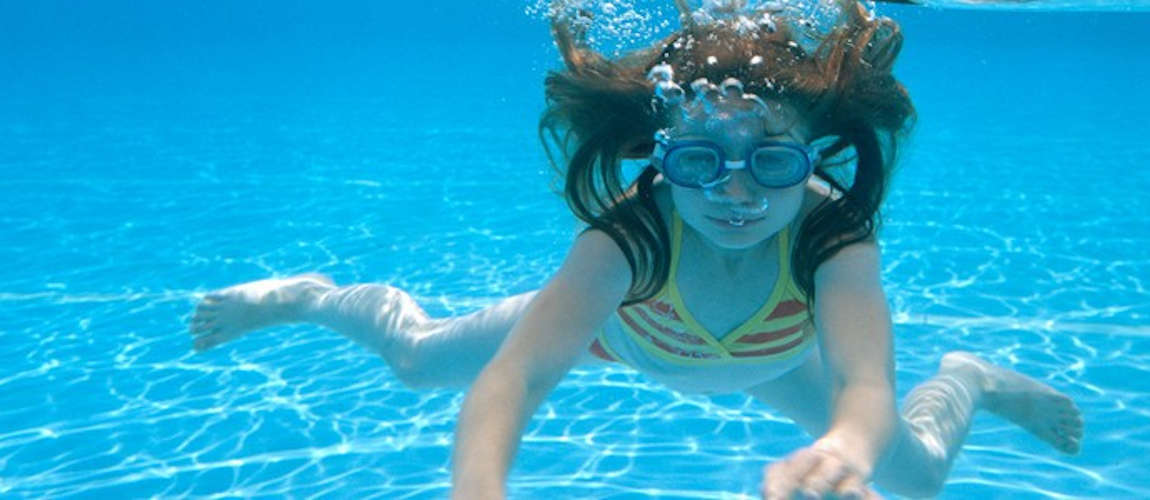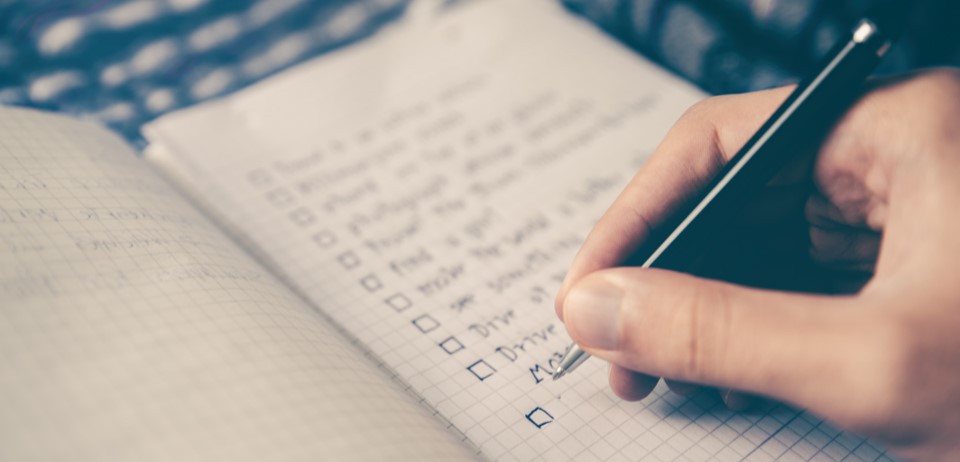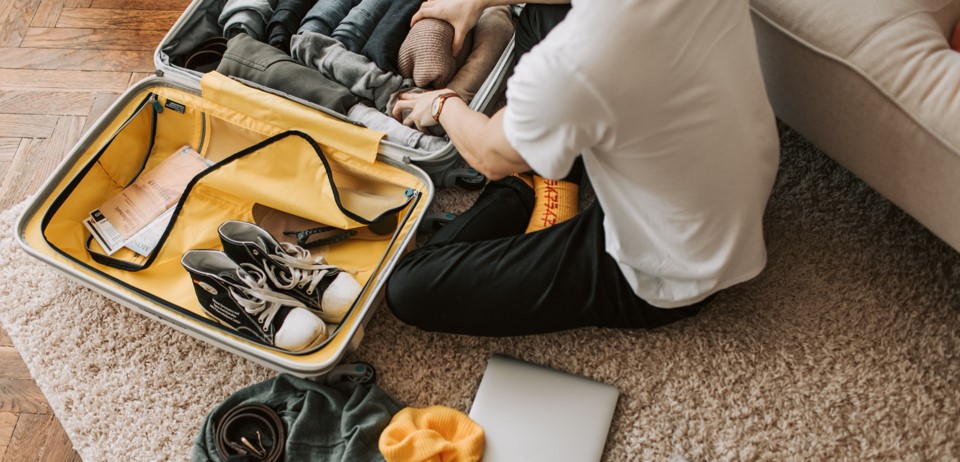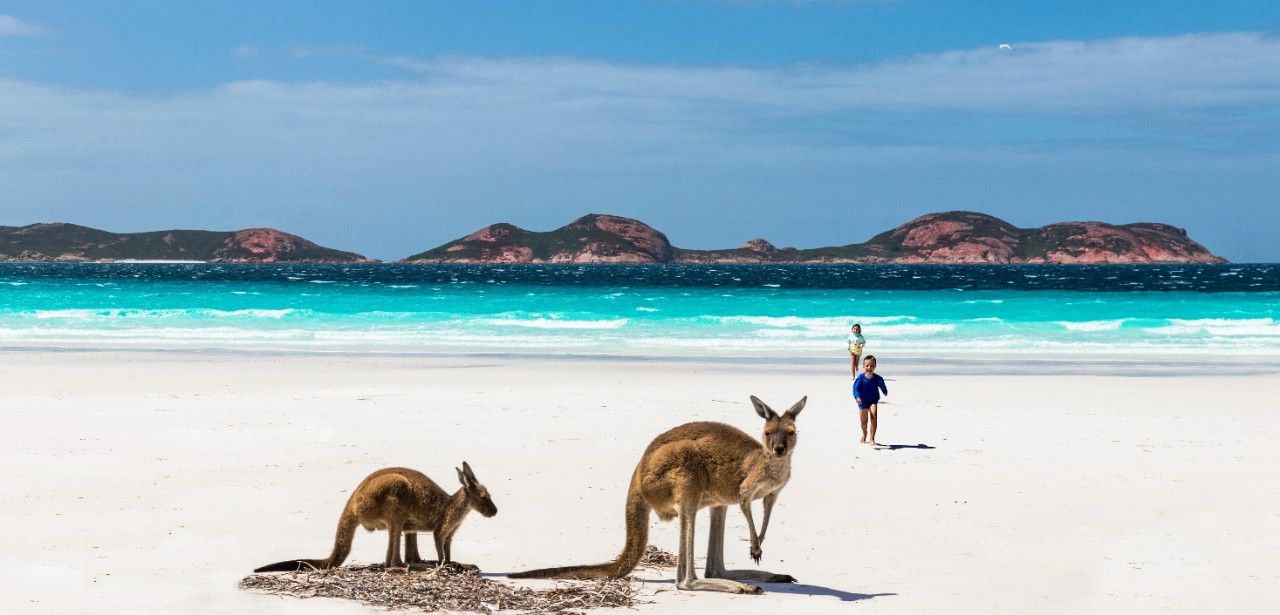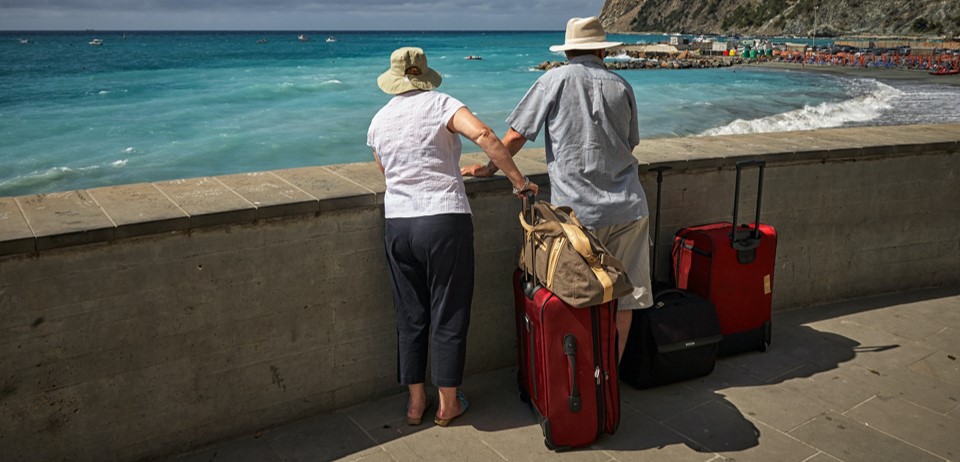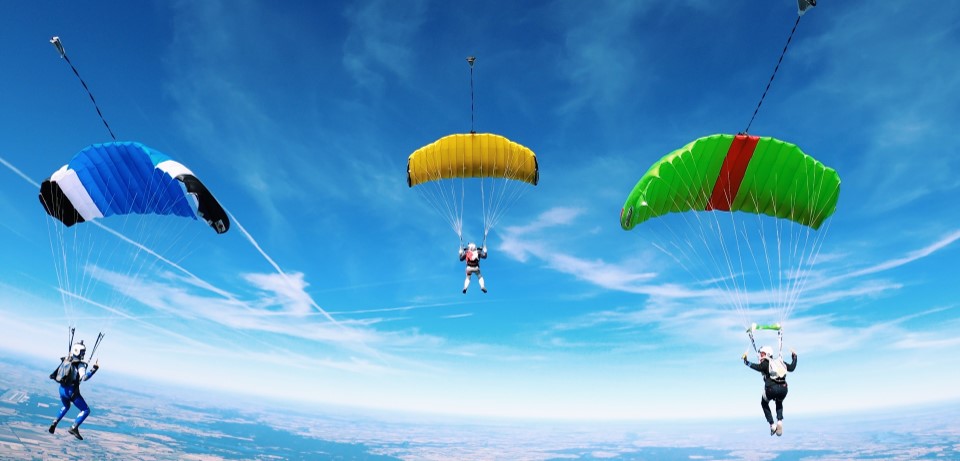What makes scuba diving exciting?
Scuba diving & snorkeling gives you the opportunity to discover the underwater world. With the use of proper diving gears such as snorkeling masks, wetsuits, fins, oxygen tanks and others, you will have the glimpse of the ocean environment.
In both activities, especially for first timers, it is advised to bring diving professionals from diving clubs with you. They will guide you will the sea areas best suited for your diving/snorkeling skills and will make sure about your safety as well. One of the leading scuba diving clubs is PADI (Professional Association of Diving Instructors). It is known by its high standards and diving regulations around the globe. It produced a lot of certified diving instructors that has gone through to tough training in deep sea diving. Moreover, it is operating many sea diving classes and sessions regularly to ensure that divers are in complete safety.
Who can dive?
In a general point of view, to be a scuba diver does not require you a lot of things. You don’t need to be an athlete or a good swimmer in order to dive. However, for young children below 8 years old are not allowed to do the activity yet. Read more about travelling with young children.
All you need to be a diver is to be in good health, physically fit, and for women who are not pregnant. If it is your first time to do scuba diving, make sure that you secured a medical certificate from your doctor.
Scuba diving can be done by children above 8 years old as long as they are physically fit and have adapted the water environment. Additionally, kids should always be accompanied by certified divers to be guided accordingly.
Some Practical Advice
Many of the scuba diving emergency accidents are not caused by the diver’s illness or no training but people who did not take the diving risks seriously. Some of them do not follow instructions from the mentor and some took too much confidence on their physical condition and dive without caution. Here are some recommendations that you can follow before taking a dip on scuba diving.
- Make sure that you are comfortable with the water environment since you are doing activities like swimming, opening your eyes underwater to remove yourself from anxiety.
- Wear the proper swimsuit for diving. Usually they are made to protect your from sudden temperature change when underwater; and prevent you from getting hurt on sharp coral reefs.
- Have a physical training in dealing with pressure underwater. This is a very critical step before diving as you are going deep sea where the pressure is different from the normal environment. It may give your ear problems in you don’t know the basics
- Ordinary people are not allowed to be sold scuba diving apparatus (as well as oxygen tanks) unless you have acquired the diving license.
- If you want to be an expert diver, you must have proper training on different open water types such as lake, sea, quarry, or other body of water.
- You must learn how to do the set up and check your apparatus.
- Have the knowledge about the hand signals underwater.
- It is a requirement to know the basics of cleaning, clearing, and removing your diving or snorkel mask.
- Learn how to clear and recover your equipment your regulator as well as the compass navigation.
- Know the basic techniques on dealing with muscle cramps.
Acquiring a diving certification will be much more exciting as you are free to do all the activities underwater. Additionally, you will also have the proper preparation for this sporting event.

